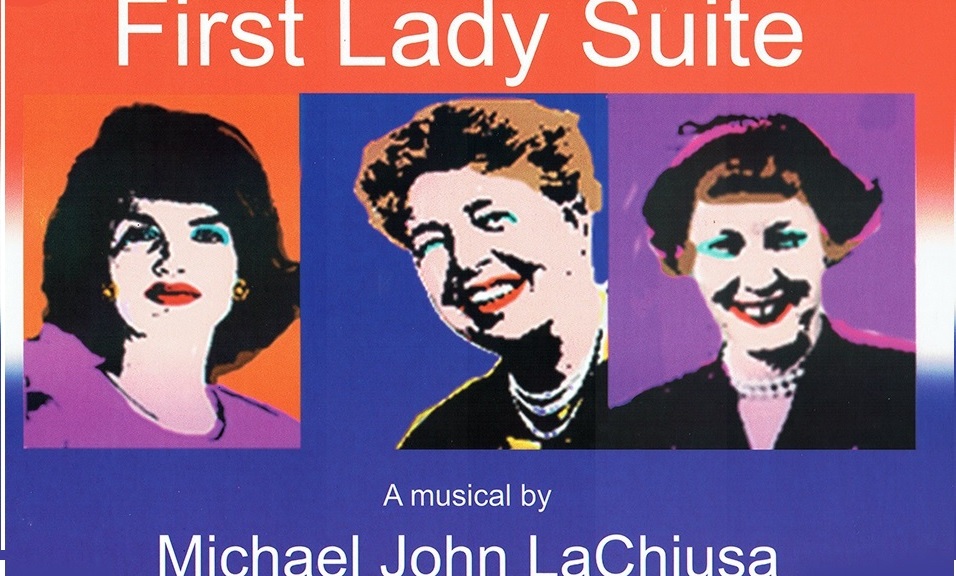from the series “by Nancy”
Mastiff: What do you think of happiness?
Moor–Hen. Of what-now?
Mastiff. Happiness?
Moor-Hen. I don’t know what that is.
Mastiff. It’s this feeling like a clench, like a fist, like right where your heart is but further underneath. It hurts and then it’s gone, and then you want it again.
Moor-Hen. So… indigestion.
(text, p23-24)
TPT Commentary: The Brontë sisters’ female protagonists were repeatedly trapped in a world where the only options open to them were marriage, or a choice between the professions of school mistress or governess. They are helpless victims in a world of dark, powerful, secretive and mysterious men.
“The Moors” by Jen Silverman is a surreal black comedy satire of those tropes frequently employed by Charlotte, Emily, and Anne. However, instead of accepting their subjection, Silverman’s characters aspire to overcome it…ruthlessly. Deception, starvation, imprisonment, and murder are all on the menu. In this mock-Britannia, love and cruelty are in the nature of all God’s creatures and have no boundaries, even the unexpected and forbidden love between a hunting dog and a game bird. With “The Moors,” Silverman unravels and upends the repeated motifs (and flaws) of Jane Eyre and Wuthering Heights with both hilarious and shocking effect.
Recommendation: Highly recommended, but in a very balanced season. Neither the title nor the playwright lend enough notoriety to leverage ticket sales. There are some subject matter and violence caveats to consider (see below). Strong roles for leading women. Between 3/6/2023 and 4/7/2024, there are 8 currently planned productions, in 7 US states (4 Midwest). I will drop my “anywhere in America but New York,” criteria as this play is not really set in any real location.
Summary: Concord Theatricals https://www.concordtheatricals.com/p/60712/the-moors Two sisters and a dog live out their lives on the bleak English moors, dreaming of love and power. The arrival of a hapless governess and a moor-hen set all three on a strange and dangerous path. The Moors is a dark comedy about love, desperation, and visibility.
Themes: betrayal, love, human nature, gender roles, morality, class disparity
Cast: 5f, 1m
2 spinster sisters (30-60), one capable of singing a rock power ballad
1 younger, but adult governess (20s), plays a stringed instrument and sings
1 female servant
1 female (20-60): “The Mock-hen,” in a human form
1 Male, (20-60): “The Mastiff,” in a human form
“All characters have accents native to the country of production.”
Culturally conscious casting opportunities: “Casting is best when very diverse.” All characters are by playwright’s direction non-specific to ethnicity. Silverman is adamant that BIPOC should NOT be limited to playing the two animal characters. All characters are specific to gender.
Running Time: The Moors is written to be performed without an intermission (there are many scene breaks)
105 Minutes (https://www.concordtheatricals.com/p/60712/the-moors)
1 hour 45 minutes. https://www.lamda.ac.uk/whats-on/performances-lamda/moors
1 hour, 50 minutes. https://americanplayers.org/plays/the-moors
1hr, 40 minutes https://www.theatreinchicago.com/the-moors/11434/
1 hour and 45 minutes with one 15 minute intermission. https://murphyscreektheatre.org/the-moors/
Sets: 2 locations
- “The parlor of an elegant, ancient mansion on the English moors. 1840-ish, to a degree.” Also used as 2 bed chambers, a scullery, and 2 sitting rooms without changing any furnishings
- The moors: perhaps the closed curtain with a gobo, or a drop in front of the first set
Costumes: “Victorian” with loose interpretation. There may be some suggestions of animal traits but not full-on dog and chicken costumes. One costume for each actor is sufficient.
Props: period settees or chairs, letters, polishing rag, silverware, hairbrush, human-sized “nest,” a rustic bench/seating area, feathers, blood, hand-axe, heavy vase/ candlestick/statuette used for blunt force murder.
Period notes: “1840-ish.” Dogged authenticity will diminish the playwright’s intent
Playwright:
Biography: https://www.jensilverman.com/about/
The Moors premiered at Yale Repertory Theatre in New Haven, CT in February 2016 under the direction of Jackson Gay.
Reviews:
Yale Repertory Theatre, New Haven, Connecticut (2016)
Playwrights Realm at The Duke on 42nd Street, NYC (2017) http://www.curtainup.com/moors17.html
Mildred’s Umbrella Theater Company, Houston, TX (2018) https://www.houstoniamag.com/arts-and-culture/2018/08/mildreds-umbrella-the-moors-review
The Hope Theatre, London (2022) https://www.theguardian.com/stage/2022/oct/16/the-moors-review-deliciously-dark-bronte-pastiche-hope-london
A Red Orchid Theatre, Chicago, IL (2022) https://thirdcoastreview.com/2022/01/17/review-the-moors-at-a-red-orchid-is-a-wickedly-funny-and-subversive-tale-of-longing/
Substance use: None
Sex: Brief description of sexual assault: Two characters are complicit in a planned impregnation by an off-stage imprisoned and malnourished man (no descriptions of sex acts). 1 female-female kiss.
Violence: One character murders another onstage by repeated blunt force trauma to the head. The head trauma can be masked. There is a blood spill. The Mastiff arrives covered with blood and feathers.
A fight choreographer and intimacy director should be considered
Coarse language and other possibly controversial subject matter:
No coarse language. Descriptions of violent acts in song (“…her skull went crick-a-crack.” etc). Descriptions of off-stage acts: “deflowering virgins,” unlawful imprisonment, starvation
Directing note:
The playwright notes that (in the text):
[ ] is unspoken…(and)
( ) is spoken out loud…a side-thought
In the text read by this writer, no [ ] were detected, and the use of ( ) was so plentiful that it was impossible to distinguish which were stage directions and which might be spoken lines.
Rating: PG-13 for violence and adult themes
TPT Source: The Moors by Jen Silverman, Samuel French, Inc., Publisher, 2017, ISBN-13: 978-0573705403, on loan from The University of Chicago Library, Chicago, IL
Purchase: Acting Edition $10.95 https://www.concordtheatricals.com/s/60712/the-moors
Fees:
Minimum Fee: $100 per performance
Mandatory Music/Media Fee: $25 per performance
https://www.concordtheatricals.com/p/60712/the-moors
Format inspired by the sadly suspended operations of the Arkansas Repertory Theatre then enhanced by TPT










